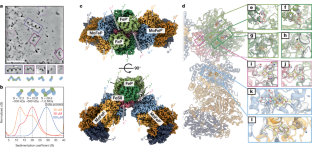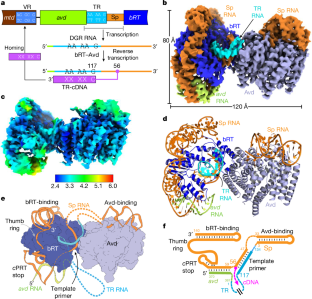2024-12-18 バーミンガム大学
<関連情報>
- https://www.birmingham.ac.uk/news/2024/new-recommendations-to-increase-transparency-and-tackle-potential-bias-in-medical-ai-technologies
- https://www.thelancet.com/journals/landig/article/PIIS2589-7500(24)00224-3/fulltext
医療データセットにおけるアルゴリズム・バイアスへの取り組みと透明性の促進:STANDING Togetherコンセンサス勧告 Tackling algorithmic bias and promoting transparency in health datasets: the STANDING Together consensus recommendations
Joseph E Alderman, MBChB ∙ Joanne Palmer, PhD∙ Elinor Laws, MBBCh∙ Melissa D McCradden, PhD∙ Johan Ordish, MA∙ Marzyeh Ghassemi, PhD∙ et al.
The Lancet Digital Health Published: December 18, 2024
DOI:https://doi.org/10.1016/S2589-7500(24)00224-3
00224-3/asset/9bd2e67c-abfd-46a1-9640-974ed303cc2d/main.assets/gr1.jpg)
Summary
Without careful dissection of the ways in which biases can be encoded into artificial intelligence (AI) health technologies, there is a risk of perpetuating existing health inequalities at scale. One major source of bias is the data that underpins such technologies. The STANDING Together recommendations aim to encourage transparency regarding limitations of health datasets and proactive evaluation of their effect across population groups. Draft recommendation items were informed by a systematic review and stakeholder survey. The recommendations were developed using a Delphi approach, supplemented by a public consultation and international interview study. Overall, more than 350 representatives from 58 countries provided input into this initiative. 194 Delphi participants from 25 countries voted and provided comments on 32 candidate items across three electronic survey rounds and one in-person consensus meeting. The 29 STANDING Together consensus recommendations are presented here in two parts. Recommendations for Documentation of Health Datasets provide guidance for dataset curators to enable transparency around data composition and limitations. Recommendations for Use of Health Datasets aim to enable identification and mitigation of algorithmic biases that might exacerbate health inequalities. These recommendations are intended to prompt proactive inquiry rather than acting as a checklist. We hope to raise awareness that no dataset is free of limitations, so transparent communication of data limitations should be perceived as valuable, and absence of this information as a limitation. We hope that adoption of the STANDING Together recommendations by stakeholders across the AI health technology lifecycle will enable everyone in society to benefit from technologies which are safe and effective.


